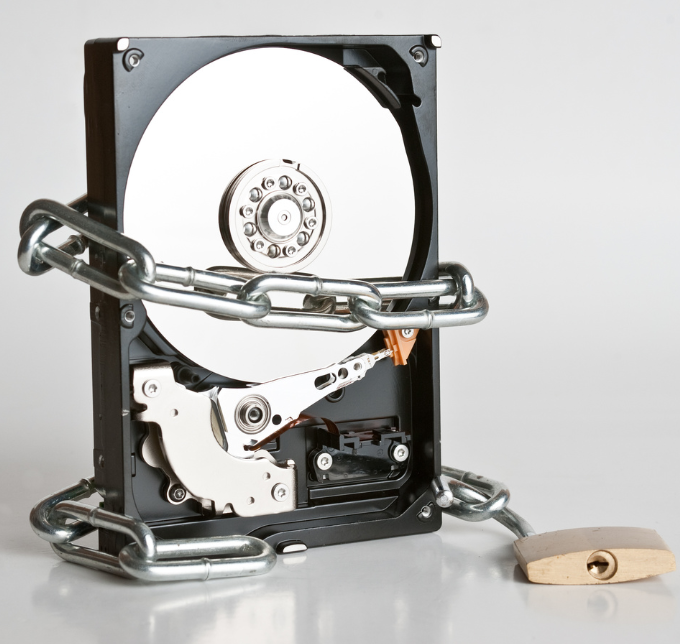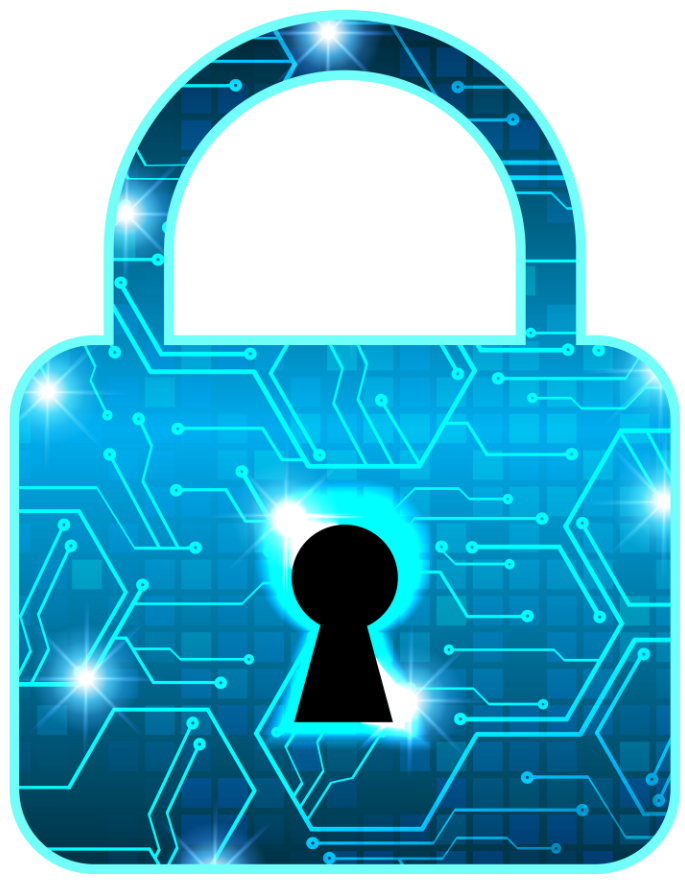In today’s world, technology plays a huge role in the success of nearly every business. From managing daily operations to keeping customers’ data safe, it’s hard to imagine any company running smoothly without solid tech in place. However, as businesses become more tech-driven, they also face greater risks, especially when it comes to security. That’s why focusing on both IT and camera security is crucial—not just for protecting your data but also for keeping your physical assets and employees safe.

Let’s break down why these two types of security should be at the top of your priority list.
1. The Growing Risk of Cyber Threats
It feels like every other day we hear about a company being hacked or suffering a data breach. Whether it’s big corporations or small businesses, no one is immune to cyber attacks. Hackers can steal sensitive information, disrupt your operations, and even hold your data hostage for a ransom. That’s why having a strong IT security system in place isn’t just a good idea—it’s essential.
Here are some key things your business needs to have:
- Firewalls and Antivirus Software: These are your first line of defense against hackers and malware. They help keep unauthorized users from accessing your network.
- Data Encryption: If someone manages to intercept your data, encryption ensures they can’t read it without the proper key. This keeps your information safe, even if it’s stolen.
- Regular Software Updates: Outdated software is one of the easiest ways for hackers to get in. Make sure your systems are always up-to-date to patch any vulnerabilities.
- Employee Training: Many attacks happen because of simple human errors, like clicking on a suspicious link. Training your team to recognize and avoid these threats can save you a lot of trouble.
2. Why You Need Camera Security, Too
While IT security protects your data, camera security is about protecting your physical space. A solid camera system can help prevent theft, monitor employee activity, and give you peace of mind when you’re away from the office. It’s not just about catching criminals after the fact—cameras can actually stop bad things from happening in the first place.
Some key benefits of a good camera security system:
- Deter Criminal Activity: When people know they’re being watched, they’re less likely to do something shady. Cameras are a great way to discourage theft and vandalism.
- Monitor Remotely: Today’s camera systems let you check in on your business from anywhere, so even if you’re traveling or working remotely, you can keep an eye on things.
- Provide Evidence: If something does happen, having camera footage can be incredibly useful for investigations or insurance claims.
- Ensure Workplace Safety: Cameras can help monitor safety protocols and ensure that your employees are following the rules, keeping your workplace safe and productive.
3. The Power of Combining IT and Camera Security
To truly protect your business, you need to think of IT and camera security as a team. Many modern security systems are now interconnected, allowing you to integrate camera feeds into your IT network. This makes it easier to monitor everything in real-time and respond quickly if something goes wrong. Imagine getting an alert on your phone if your cameras detect unusual activity and being able to lock the doors remotely—this is the kind of security integration that can protect your business from both physical and digital threats.
Here’s why integrating your security systems makes sense:
- Centralized Management: With everything connected, you can monitor all your cameras, data, and systems from one place, making it easier to stay on top of things.
- Automated Alerts: If there’s a breach or suspicious activity, your system can notify you right away, giving you a chance to act quickly.
- Better Investigation Tools: Combining your camera footage with IT data can help you understand security incidents more fully, making it easier to prevent future problems.
4. Compliance and Regulations
Many industries have strict rules about how businesses handle and protect data. Whether it’s healthcare organizations following HIPAA laws or businesses complying with PCI DSS for handling credit card information, you need to make sure your security systems meet legal requirements. Failing to comply can result in fines, legal trouble, and damage to your reputation.
Having strong IT and camera security systems in place not only helps you avoid these issues but also shows your clients that you take their security seriously. It’s a great way to build trust with your customers.
5. Long-Term Cost Savings
Investing in security might feel like an added expense, but it’s nothing compared to the cost of dealing with a data breach or theft. Recovering from an attack can be incredibly expensive, not to mention the damage it does to your reputation. By taking a proactive approach and setting up reliable security measures now, you’re saving yourself money and headaches down the road.
Plus, with so many flexible, scalable security options available today, you can find a solution that fits your business’s current needs and easily expand it as your business grows.
Check out “The Hacker News” and stay up to date.
- Cybersecurity researchers have disclosed a new phishing campaign that has targeted European companies with an aim to harvest account credentials and take control of the victims' Microsoft Azure cloud infrastructure. The campaign has been codenamed HubPhish by Palo Alto Networks Unit 42 owing to the abuse of HubSpot tools in the attack chain. Targets include […]
- Threat actors are attempting to exploit a recently disclosed security flaw impacting Apache Struts that could pave the way for remote code execution. The issue, tracked as CVE-2024-53677, carries a CVSS score of 9.5 out of 10.0, indicating critical severity. The vulnerability shares similarities with another critical bug the project maintainers addressed in December 2023 […]
- Having been at ActiveState for nearly eight years, I’ve seen many iterations of our product. However, one thing has stayed true over the years: Our commitment to the open source community and companies using open source in their code. ActiveState has been helping enterprises manage open source for over a decade. In the early days, […]
- The Russia-linked APT29 threat actor has been observed repurposing a legitimate red teaming attack methodology as part of cyber attacks leveraging malicious Remote Desktop Protocol (RDP) configuration files. The activity, which has targeted governments and armed forces, think tanks, academic researchers, and Ukrainian entities, entails adopting a "rogue RDP" technique that was previously
- Across small-to-medium enterprises (SMEs) and managed service providers (MSPs), the top priority for cybersecurity leaders is to keep IT environments up and running. To guard against cyber threats and prevent data breaches, it’s vital to understand the current cybersecurity vendor landscape and continually assess the effectiveness of available solutions. Luckily, the 2024 MITRE ATT&CK
- BeyondTrust has disclosed details of a critical security flaw in Privileged Remote Access (PRA) and Remote Support (RS) products that could potentially lead to the execution of arbitrary commands. Privileged Remote Access controls, manages, and audits privileged accounts and credentials, offering zero trust access to on-premises and cloud resources by internal, external, and third-party users.






